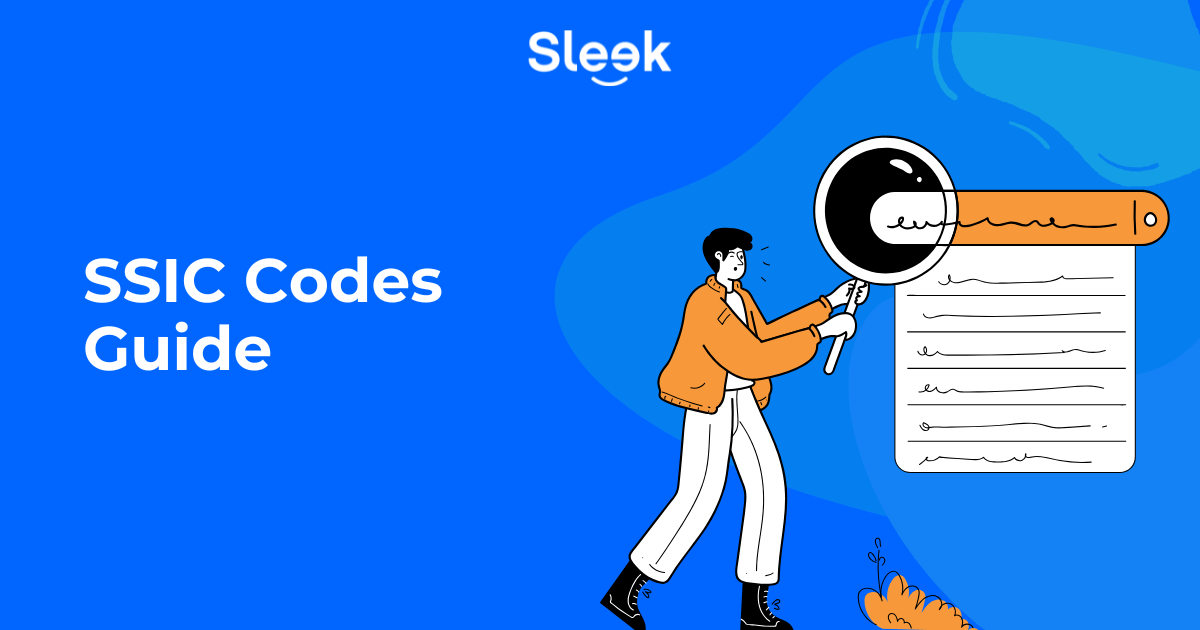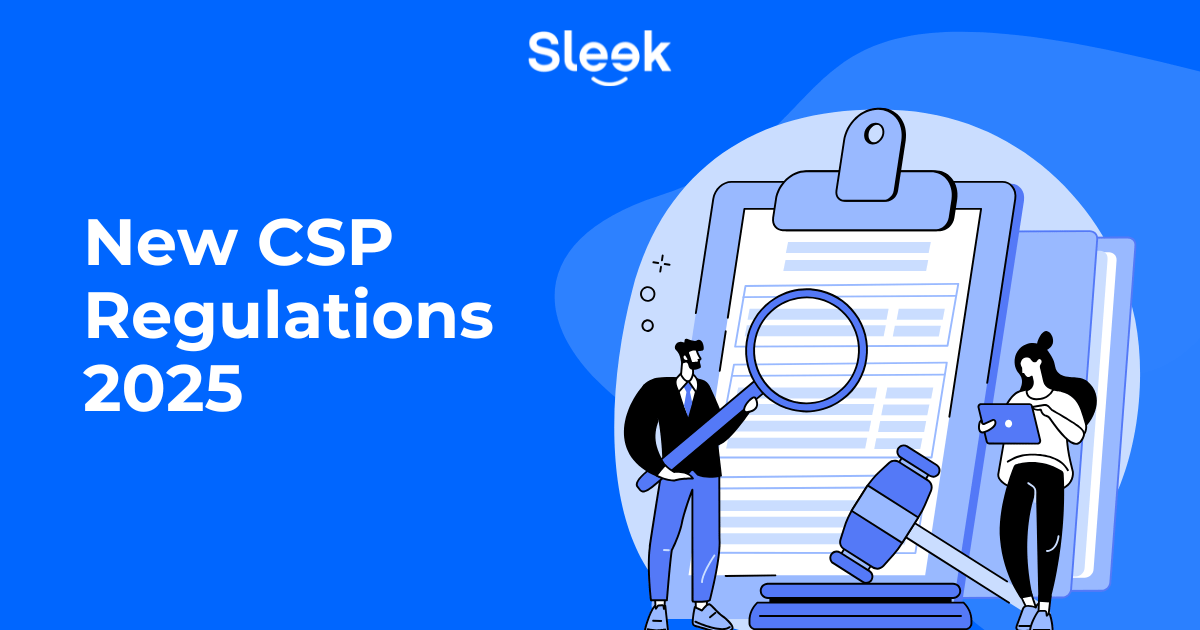Second-Time Founder: What I Wish I Knew The First Time
10 minute read
If you had told my 19 year old self that I’d start not one, but multiple businesses as an entrepreneur, I’d have definitely brushed it off as a bad joke.
Starting a business was a pipe dream to my business partner and myself as a couple of confused students with ambitions to run our own organization.
Little did we know that we’d go on to spend the next 7 years painstakingly building our 7-figure business, HighSpark, from scratch. My partner and I passed up college spots to instead enroll in the school of hard knocks.
As a couple of greenhorns, we had to study and gain general mastery in every necessary function from HR all the way to strategy and marketing. We had nothing but the internet, kind businesspeople and mentors that we met along the way to generously guide us.

The interesting thing was that the second time round, the journey was fast-tracked. When I started the video production company Motionsauce years later, it was like watching a rerun of a movie that I already knew the plot to. We were able to hit third year revenue numbers in the first year.
Starting a second time was not only just as enjoyable, but our journey was accelerated by multiples too. Here are some of the lessons I learned that made my journey as a second-time founder a breeze:
1. Build a business, don’t work in one
When we first started, with no budget to hire and a student’s savings account balance, my business partner and I took it upon ourselves to learn and perform every function in the business. For years we would continue with that mindset of operation and end up burning out fairly quickly as overly excited young business owners.
It took us an embarrassingly long time (about 2 years) to figure out that for us to truly ‘live the dream’ as entrepreneurs, we were going to need to develop business models and processes that could work without us. Rudimentary to most newbies, but a timeless ethos for experienced entrepreneurs.
This influenced the way I ran my second business greatly. We immediately broke down the process of delivery into multiple stages and segmented parts of the process into roles that relate to team members. This helped us very quickly hire key personnel to enable an end-to-end execution that would allow us as owners to more swiftly get to a point where we can extricate ourselves from the day-to-day business operations.
Start documenting repetitive tasks from day one, look at the business like a well-oiled machine so that one day, you’ll be able to have it run while you’re on a vacation.
2. Relationships pay dividends
The only thing differentiating us from robots of the future is our ability to interact and meander complex social situations and to develop deep, emotional relationships with the people around us. In business, this holds true as well.
Having an existing roster of strong clientele made the process of acquiring new accounts an easier, more pleasant experience. Warm relationships beget warm introductions, which lead to happier customers that you’re glad to work harder for.
For my second business, gathering our first stable of clients was much easier because of our existing warm connections and relationships built over the years. With credibility, clout and a proper portfolio, it was half the battle won in most introductory conversations.
Want to get connected to someone senior and out-of-reach? If you’re starting from scratch, that tends to be difficult. If you’re a second-time founder, you’ll find that a strong network that you’ve built over time helps you directly get connected within a few degrees of separation. A simple “Do you know X, would you be able to connect us regarding Y?” might save you a huge amount of disappointment and frustration.
3. Avoid gimmicks and ego boosters
It’s no point spending thousands on business cards and an office when the business doesn’t even generate enough revenue to cover your overheads.
In our first year in the business, we were printing collateral, buying software and other miscellaneous spend. None of which however, contributed greatly to our business bottom-line and at times served more as a distraction from our ultimate goals.
The second-time round, we specifically used funds to invest in lead generation mechanisms like SEO, digital marketing and memberships to network with other business owners. We achieved results and hit goals much faster – even without fancy business cards. Truth be told, most people just use Linkedin nowadays anyway – it’s just more hygienic and something you’re unlikely to misplace.
4. The right expert can catapult you to success
Sometimes, all you need is the right idea, inspiration and insight to multiply your results in a short period of time.
One of my biggest regrets while running our first business was not reaching out to experts early. We were on tight budgets and wanted to save as much as we could to pay for salaries and other expenses. We ended up largely guessing most of the time before taking our next steps and were largely unsure.
However, when we got to a point where we found consultants that had the right mix of experience, chemistry and structured process we could benefit from, it accelerated our progress greatly.
As a business owner, it can be easy to get lost in the identity of ‘being your own boss’ and cut yourself some slack when the going gets tough. Working with a consultant or coach helps keep you accountable, avoid pitfalls before they come and apply processes that have been proven to work.
Believe it or not, there’s a high probability that you’ll be able to find a coach or consultant to help you for an area you’re unfamiliar with or looking to grow in. Platforms like Clarity.FM or expert networks like Sealed.Network help you find experts you can speak to for a small fee.
We paid six-figures in consulting fees to coaches and consultants during Covid-19, and we’ve made at least 10 times the amount in revenue since then as a result of our findings and takeaways.
5. Build small, execute big when it’s right
Try sharing your idea in a hypothetical form via a blog post, social media post or just a couple of bullet points with a target customer. You’ll thank yourself for not building the full version and spending countless hours making something nobody wants.
It can be very tempting to postpone research and validation until you’re done with your idea, campaign or product. Getting rejected is hard. It’s something that as humans we tend to avoid because it just feels nasty.
Yet, it’s important to seek counter arguments to our theses earlier on so that we save precious time and resources to explore only the best ideas to build a thriving business.
In my first business, we used to spend plenty of time preparing workshops, landing pages and such with the hope that they would launch successfully once we were finished. It felt good to do busy work and build in isolation because there was no one to reject your ideas or share negative feedback of any kind.
Yet, it led to failure on many occasions when our assumptions did not pay out. Those were days and weeks we would never get back and an expensive lesson to learn.
The second time round, we made sure to always make calls, speak to customers or simply build a minimum viable product to evaluate if it could actually work on a small scale before executing it bigger.
It can be daunting to start a business the first time. Take it from a second-time founder that if you apply some of these lessons with an open-mind, logic and a little luck, you’ll find that you won’t have to take two tries to succeed greatly.
Eugene Cheng is executive advisor and partner at HighSpark, a strategic presentation agency that offers presentation training and strategy services to Fortune 500 companies like Nike, Oracle and eight-figure startups like Glints, Growthwell.
In 2017, he launched Motionsauce, a video messaging company that allows businesses to share their unique stories via animated video productions that drive viewers to take action.
His work and story has been featured on multiple publications like Entrepreneur.com, TechInAsia, BusinessInsider, Straits Times and more.
Eugene is also one of the 20 Singaporeans minted a Forbes30Under30 honouree in 2020.










